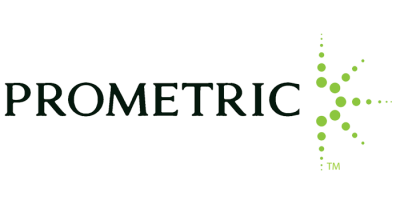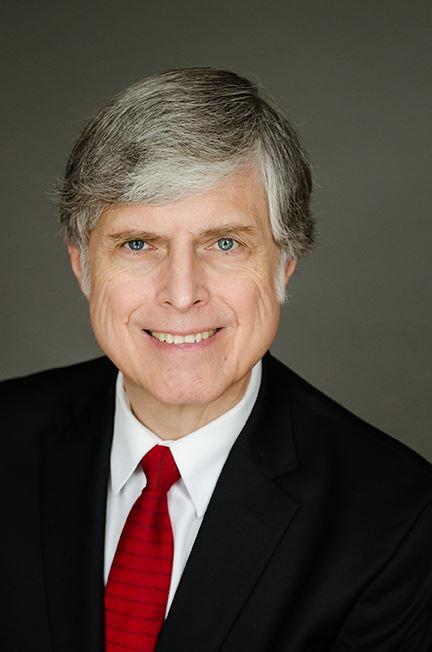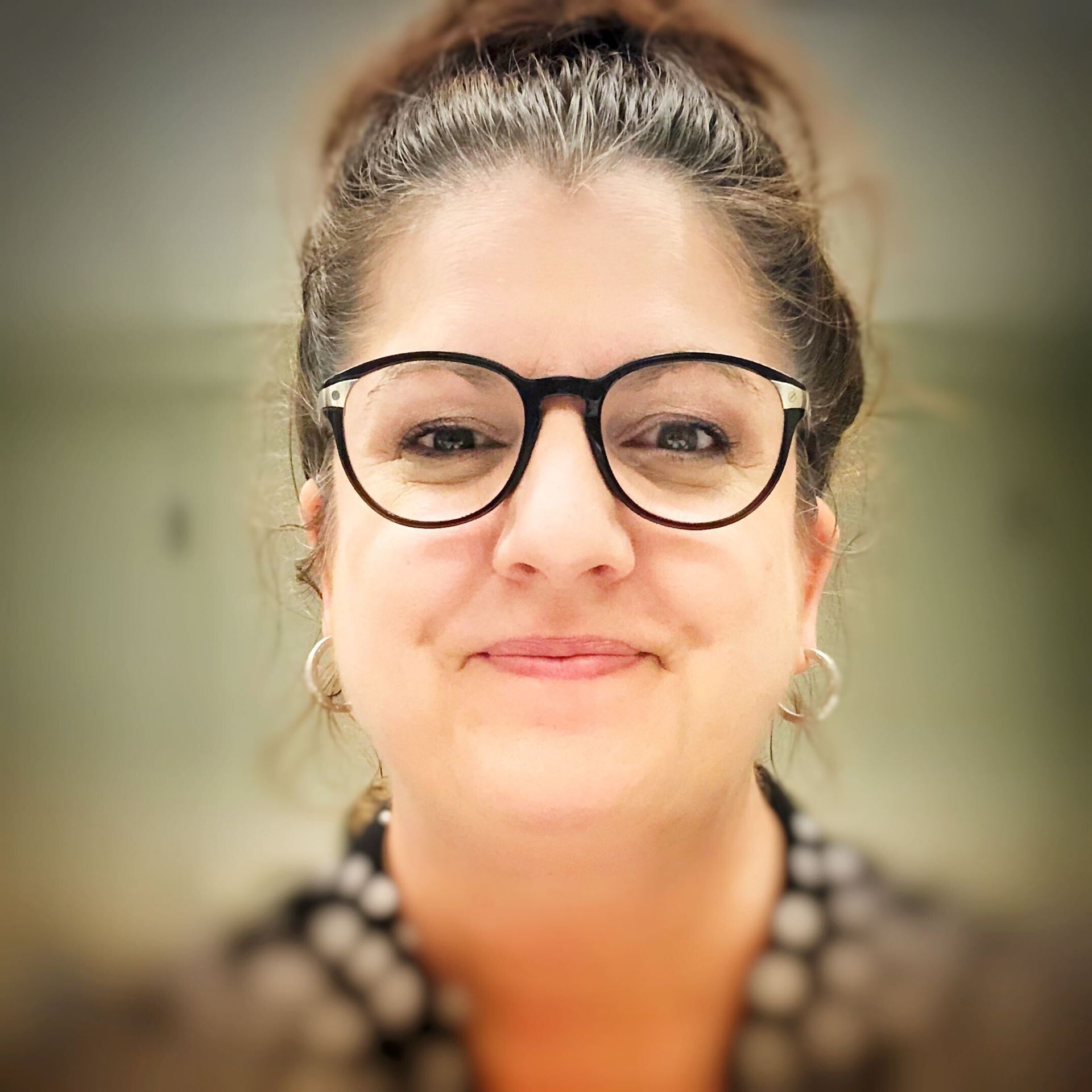CNG Virtual Meeting
Should your association develop a microcredential?
Questions to answer and a case study
Sponsored by:



 Donald A. Balasa, JD, MBA, CEO and Legal Counsel, American Association of Medical Assistants (AAMA)
Donald A. Balasa, JD, MBA, CEO and Legal Counsel, American Association of Medical Assistants (AAMA)
Donald A. Balasa, JD, MBA, has served as CEO and house legal counsel of the American Association of Medical Assistants® (AAMA) since 1990. Mr. Balasa received both his baccalaureate and law degrees from Northwestern University and his MBA in economics from the University of Chicago. Mr. Balasa has taught “Introduction to Association Management” at the DePaul University Graduate School of Business and constitutional law evening courses at Trinity International University.
Mr. Balasa served as chair of the National Commission for Certifying Agencies (NCCA) and as vice chair of the Main Committee to update Institute for Credential Excellence (I.C.E.) 1100:2019—Standard for Assessment-Based Certificate Programs (An American National Standard). He was elected to the Board of Directors of the Commission on Accreditation of Allied Health Education Programs (CAAHEP) in 2018 and as President of CAAHEP in 2021.
Mr. Balasa’s areas of legal specialization include not-for-profit governance, professional credentialing and regulation, and antitrust principles applicable to certifying and accrediting bodies. He has written and spoken about accommodations for test takers required by the Americans with Disabilities Act (ADA), disparate impact and disparate treatment of test takers under Title VII of the Civil Rights Act of 1964, and the professional less-regulation movement. His expertise has contributed to the AAMA being the only professional society in history having: (1) a certification program accredited by the NCCA under its Standards for the Accreditation of Certification Programs; (2) a certification program accredited by the International Accreditation Service (IAS) under International Standard ISO/IEC 17024; and (3) an assessment-based certificate (ABC) accredited under I.C.E. 1100.
 Johnna Gueorguieva, PhD, CAE, Director of Assessments and Sr. Psychometrician for the Dental Assisting National Board, Inc. (DANB)
Johnna Gueorguieva, PhD, CAE, Director of Assessments and Sr. Psychometrician for the Dental Assisting National Board, Inc. (DANB)
Dr. Gueorguieva is a psychometrician; personnel certification body accreditation and policy expert; and serves as Director of Assessments and Sr. Psychometrician for the Dental Assisting National Board, Inc. (DANB) with over 20 years’ experience managing the development, maintenance and implementation of credentialing exams. In her roles with DANB she is fluent in all aspects of the internal and external operations of the organization.
As a psychometrician Johnna leads internal and external teams through content validation and standard setting studies, determines the methods used and promotes the results through technical reports and public summaries.
Gueorguieva has been serving the Institute for Credentialing Excellence (I.C.E.) as a volunteer since 2006 and is currently serving as an NCCA Psychometric Commissioner.
